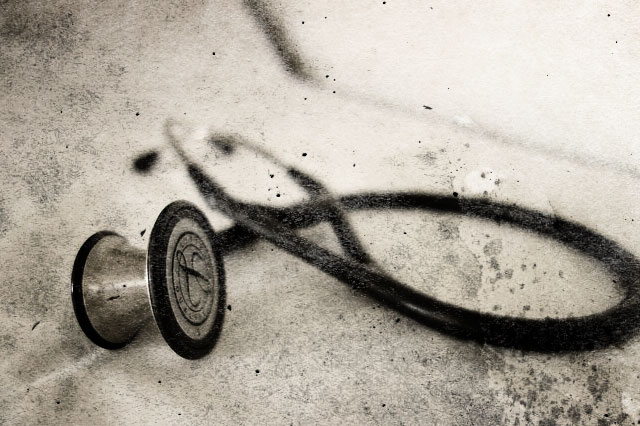
Two million more Americans are without health insurance thus far in 2017, amid problems with the Affordable Care Act and Republicans’ unpopular efforts to repeal the law.
The uninsured rate was up on a quarterly basis for the second time in-a-row this year, according to the results of a survey released Monday by Gallup. The measure of those lacking coverage was at 11.7 percent in the second quarter, up from 11.3 percent in the first quarter, and 10.9 percent at the end of 2016.
Gallup described the 0.8-percent increase as “statistically significant given the very large sample sizes involved.”
About 2,400 people are at serious risk as a result of the lost coverage. According to a Harvard-Center for American Progress study, one adult will die for every 830 adults lacking insurance.
The increase in the uninsurance rate comes after dozens of coverage providers pulled out of state-run ACA healthcare exchanges. In October 2016, just before Donald Trump’s election, the Department of Health and Human Services said that 68 insurers would be dropping individual plans offered on state exchanges in 2017.
The same report also predicted the average cost of plans purchased on state exchanges would be up this year by 22 percent.
Obama administration officials had argued that the increase in premiums would be offset by an increase in subsidies. But since Trump’s victory last November, there has been uncertainty over the future of the ACA, and benefits and tax penalties administered through the law.
Immediately after his inauguration, President Trump issued an executive order allowing agencies to ignore ACA provisions that “impose a fiscal burden” on Americans, as Gallup noted.
Despite Republicans’ victory in November, problems with Obamacare, and Republicans’ repeated vows to repeal the law, the viable alternative from the GOP has, thus far, proven wildly unpopular.
Senate Republicans’ replacement plan — which would nullify the individual mandate, reduce coverage requirements and allow states to opt-out of rules on preexisting conditions—has the support of just 17 percent of the country.
According to the Congressional Budget Office, the plan would see 22 million Americans lose health insurance coverage by 2026. Of those, 15 million would become uninsured through cuts to Medicaid.
Although Republicans don’t currently have the votes to advance the legislation through the Senate, protests against their proposal have been raging. On Thursday left-wing and left-leaning groups staged sit-in demonstrations at the offices of 24 Senate Republicans.
A number of recent protests have also called on Democrats to back the implementation of a single-payer healthcare system.
An increasing number of Democratic lawmakers have recently supported calls for such a move. Sens. Elizabeth Warren (D-Mass.) and Kirsten Gillibrand (D-NY) are among some of the notable newfound proponents.
Polls have shown single payer increasingly popular, with one Gallup survey last year showing a majority of Americans wanting to replace Obamacare with such a system.
Some Democratic leaders, however, have been dismissive of calls to embrace the policy. Rep. Nancy Pelosi (D-Calif.) told reporters in May that she didn’t support Democrats running on single payer in 2018.
“If you want it, do it in your states. States are laboratories,” she said. “States are a good place to start.”
Join us in defending the truth before it’s too late
The future of independent journalism is uncertain, and the consequences of losing it are too grave to ignore. To ensure Truthout remains safe, strong, and free, we need to raise $44,000 in the next 6 days. Every dollar raised goes directly toward the costs of producing news you can trust.
Please give what you can — because by supporting us with a tax-deductible donation, you’re not just preserving a source of news, you’re helping to safeguard what’s left of our democracy.